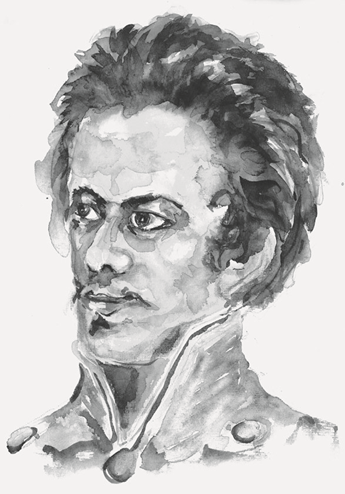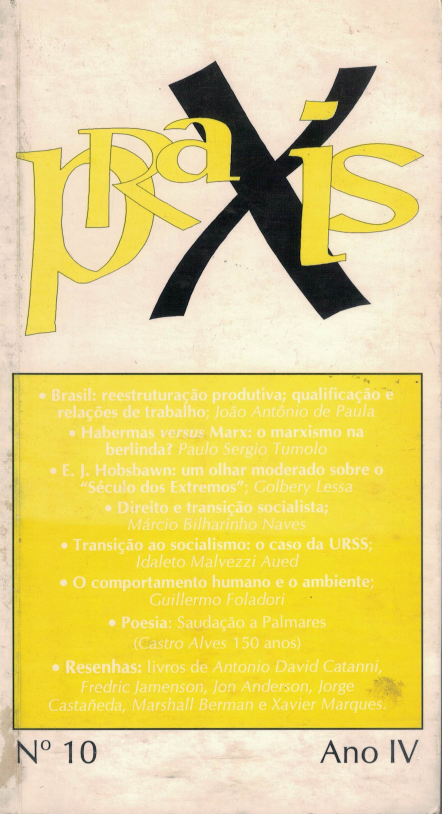Karl marx: from the critique of the philosophy of right to the critique of political economy
Abstract
Historical Materialism, the most important theoretical-practical legacy of Karl Marx (1818-1883) and Friedrich Engels (1820-1895), is based on an important (and current) assumption: the concrete social totality of historical processes. Organized as a systematic and revolutionary human science, its most significant weapons are dialectics and praxis. The elaboration of Historical Materialism was a process of absorption, rupture and philosophical overcoming of a set of great and traditional constructs of human thought from the first centuries of the Enlightenment. Hegel's dialectical idealism was, in principle, the most inspiring philosophical system of historical materialist thought. It is in this context that Marx, at the beginning of his intellectual trajectory, adopts the Philosophy of Law as a priority content. It is worth remembering that the insurrectionary events of the late 18th century in Europe, especially in France, placed the legal discussion on political and human rights on the agenda. The elaboration of the Declaration of the Rights of Man and of the Citizen marks the crystallization of the bourgeois project of society and the State, and becomes a philosophical, political and legal reference for the bourgeois progressive movements within an aristocratic Europe. This field of Law, therefore, presented itself as the scenario of the social battle waged by the Atlantic Revolutions.

Downloads
Published
How to Cite
Issue
Section
License
Authors who publish in Revista Mouro agree to the following terms:
The. Authors retain copyright and grant Revista Mouro the right to publish.
B. Authors are authorized to assume additional contracts separately, for non-exclusive distribution of the version of the work published in this publication (eg, to publish in an institutional repository or as a book chapter), with acknowledgment of authorship and publication in Revista Mouro.
ç. Authors are allowed and encouraged to publish and distribute their work online (e.g. in institutional repositories or on their personal page) at any point before or during the editorial process, as this can generate productive changes as well as increase impact and the citation of the published work.





